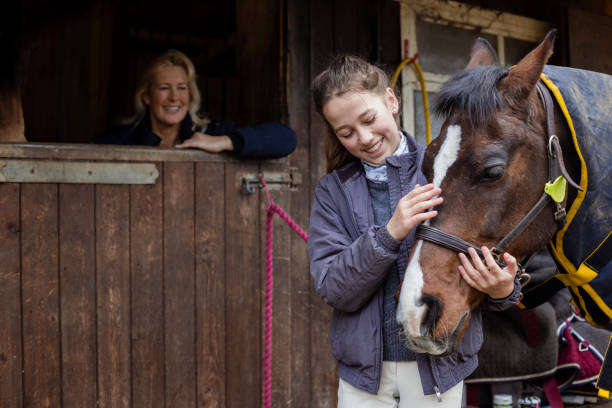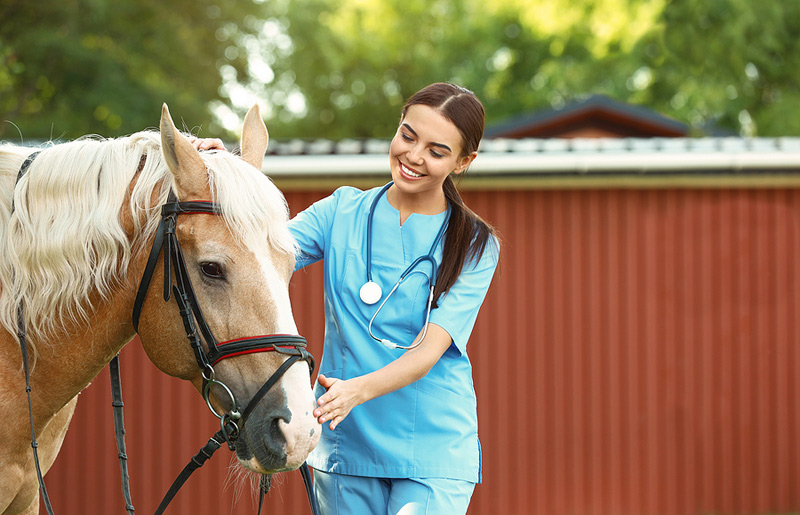As horses age, their nutritional needs change significantly. Understanding what to feed a 20 year old horse is crucial for maintaining their health and well-being. Senior horses often require a carefully balanced diet to ensure they get all the nutrients they need while managing age-related health issues. In this article, we’ll explore the key components of a healthy diet for an older horse, helping you provide the best care for your equine friend.

The Importance of Proper Nutrition for Senior Horses
Proper nutrition is vital for any horse, but it becomes even more critical as they age. Aged horses may face challenges such as dental problems, decreased digestive efficiency, and changes in their metabolic rate. These issues can affect how they process and absorb nutrients. Therefore, knowing what to feed a 20 year old horse can help mitigate these challenges and support their overall health.
Common Health Issues in Senior Horses
As horses enter their golden years, health issues like weight loss, arthritis, and dental problems become more prevalent. Understanding these issues can guide you in selecting the right diet for your horse. For instance, dental problems may necessitate choosing softer feeds or supplements that are easier to chew and digest. For more detailed care tips, check out our resource on grooming schedule for senior horses.
Understanding Senior Horse Nutrition
Feeding a senior horse requires a careful balance of fiber, protein, vitamins, and minerals. Unlike younger horses, older horses may not need high energy feeds but rather a diet that maintains body condition without causing weight gain. Consulting with a veterinarian or equine nutritionist can provide insights into specific dietary needs.
Components of a Balanced Diet for Older Horses
When considering what to feed a 20 year old horse, it’s essential to understand the components of a balanced diet. Here are some critical elements:
Fiber: The Foundation of a Horse’s Diet
Fiber is crucial for digestive health. Senior horses benefit from high-quality forage, such as hay or pasture, which should form the basis of their diet. However, if dental issues make chewing difficult, consider feeding hay cubes or pellets soaked in water.
Protein: Supporting Muscle Mass
Protein is vital for maintaining muscle mass in older horses. Look for feeds with adequate protein levels, and consider supplements if necessary. Alfalfa is an excellent source of protein and can be included in their diet.
Vitamins and Minerals: Essential Nutrients
As horses age, they may require additional vitamins and minerals to support their immune system and overall health. Supplements specifically designed for senior horses can help meet these needs.
Choosing the Right Feed
Commercial feeds designed for senior horses are an excellent option as they are formulated to meet the specific needs of older equines. Look for feeds that are easy to chew and digest, and that provide a balanced mix of nutrients.
Special Considerations for Underweight Horses
If your senior horse is underweight, consider high-fat feeds or adding oil to their diet to increase calorie intake without overloading them with carbohydrates. Consulting with a veterinarian can provide personalized feeding advice.
Hydration: An Overlooked Aspect
Keeping your horse hydrated is crucial, especially in the summer. Ensure they have access to clean, fresh water at all times. For more on hydration, visit our guide on senior horse hydration.
Monitoring Your Horse’s Health
Regular monitoring of your horse’s weight and condition is essential. Adjust their diet as needed and consult with your veterinarian regularly to ensure they remain healthy and happy.
Signs of Nutritional Deficiencies
Look out for signs such as weight loss, poor coat condition, or lack of energy, which may indicate nutritional deficiencies. Addressing these promptly can prevent further health issues.
Consulting with Professionals
Working with a veterinarian or equine nutritionist can help tailor a diet plan to your horse’s specific needs, ensuring they receive all necessary nutrients.

FAQs
What are the best feeds for a 20 year old horse?
Senior horse feeds specifically formulated to meet the nutritional needs of older horses are ideal. Look for feeds that are easy to chew and digest, with balanced nutrients.
Can a 20 year old horse eat the same feed as a younger horse?
While some older horses may do well on a similar diet, most will benefit from a feed tailored to their age-specific needs, especially if they have dental or digestive issues.
How often should I adjust my horse’s diet?
It’s a good idea to review your horse’s diet periodically and adjust based on weight changes, health conditions, and advice from your veterinarian.
Proper nutrition is vital for maintaining the health and well-being of your senior equine companion. By understanding what to feed a 20 year old horse and providing a balanced diet, you can help ensure they enjoy their golden years in good health. For a comprehensive guide on senior horse care, visit The Plaid Horse for more insights.
This article contains affiliate links. We may earn a commission at no extra cost to you.
